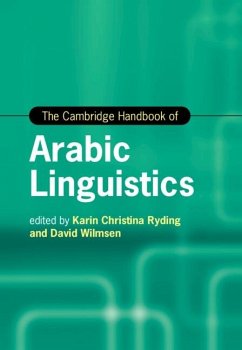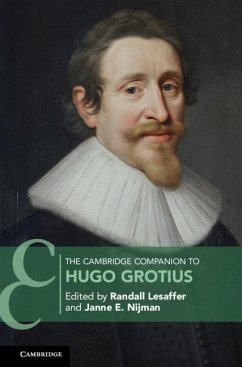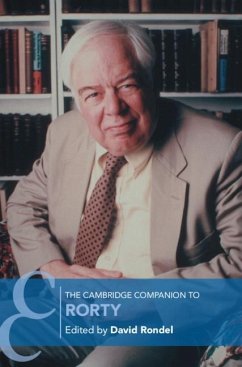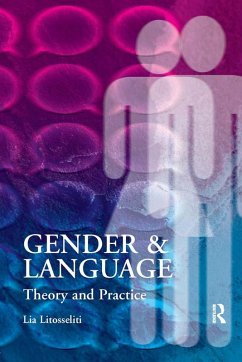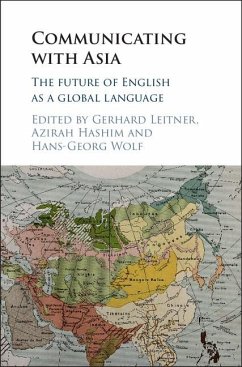
Cambridge Handbook of Language Standardization (eBook, ePUB)
Versandkostenfrei!
Sofort per Download lieferbar
88,95 €
inkl. MwSt.
Weitere Ausgaben:

PAYBACK Punkte
44 °P sammeln!
Language standardization is the process by which conventional forms of a language are established and maintained. Bringing together internationally renowned experts, this Handbook provides a comprehensive overview of standardization, norms and standard languages. Chapters are grouped into five thematic areas: models and theories of standardization, questions of authority and legitimacy, literacy and education, borders and boundaries, and standardization in Late Modernity. Each chapter addresses a specific issue in detail, illustrating it with linguistic case studies and taking into account the...
Language standardization is the process by which conventional forms of a language are established and maintained. Bringing together internationally renowned experts, this Handbook provides a comprehensive overview of standardization, norms and standard languages. Chapters are grouped into five thematic areas: models and theories of standardization, questions of authority and legitimacy, literacy and education, borders and boundaries, and standardization in Late Modernity. Each chapter addresses a specific issue in detail, illustrating it with linguistic case studies and taking into account the particular political, social and cultural context. Showcasing cutting-edge research, it offers fresh perspectives that go beyond traditional accounts of the standardization of national European languages, and affords new insights into minoritized, indigenous and stateless languages. Surveying a wide range of languages and approaches, this Handbook is an essential resource for all those interested in language standards and standard languages.
Dieser Download kann aus rechtlichen Gründen nur mit Rechnungsadresse in A, B, BG, CY, CZ, D, DK, EW, E, FIN, F, GR, HR, H, IRL, I, LT, L, LR, M, NL, PL, P, R, S, SLO, SK ausgeliefert werden.




